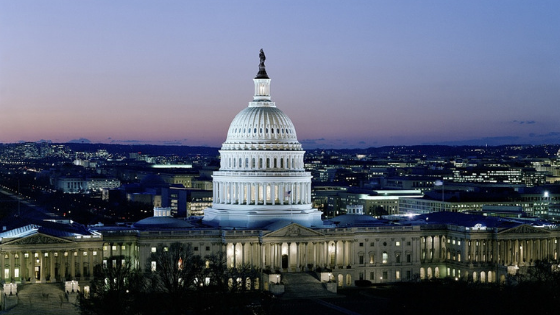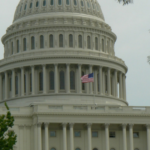A bill has been introduced in the Senate that would prevent healthcare providers from taking “extraordinary” collection actions for up to 18 months after the bill becomes law as a means of protecting consumers during the coronavirus pandemic.
The COVID-19 Medical Debt Collection Relief Act, S.4350, was introduced by Sen. Chris Van Hollen [D-Md.] and Sen. Chris Murphy [D-Conn.].
The bill, a copy of which can be viewed here, defines “extraordinary” collection actions as selling debt to a third party, reporting the debt to a credit bureau, denying medical care, placing a lien on a property, foreclosing on a property, seizing property or funds from a bank account, commencing a civil action, and garnishing an individual’s wages.
All extraordinary collection actions would be suspended for the covered period, which started on Feb. 1, 2020 and continues until either the public health emergency is declared over or 18 months after the bill becomes law, whichever occurs later.
The bill also suspends any current payment plans that are already in place for existing medical debts and that interest and fees will not accrue during the covered period.
“As the COVID-19 pandemic continues to rage across our country and families struggle to pay their rent and put food on the table, it’s unconscionable that some hospitals continue to seize patients’ wages and bank accounts to collect medical debts,” said Sen. Van Hollen, in a statement. “This draconian practice can strip families of all they’ve got in one fell swoop. We should never allow medical debts to ruin peoples’ livelihoods – but especially not as we face this pandemic.”








